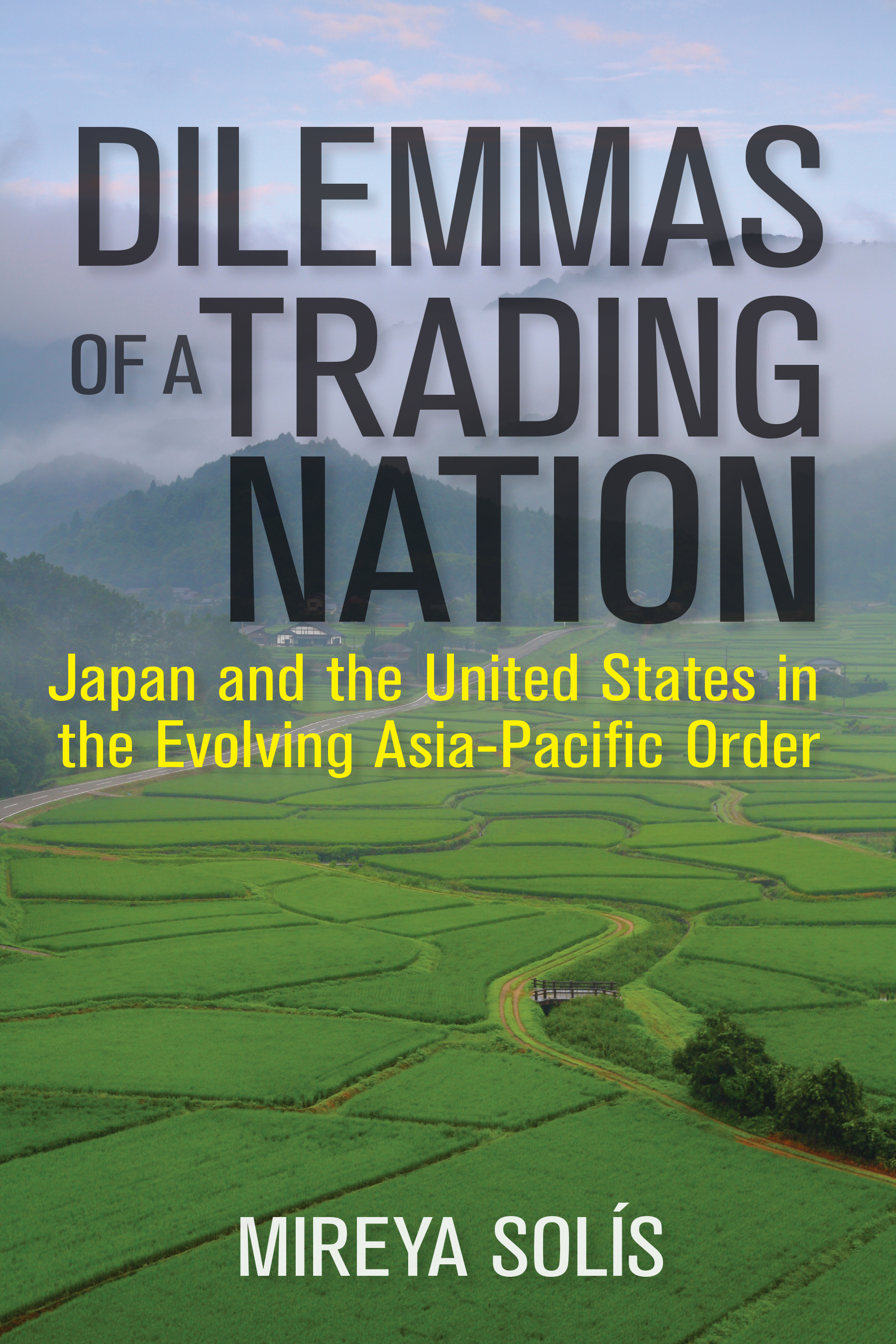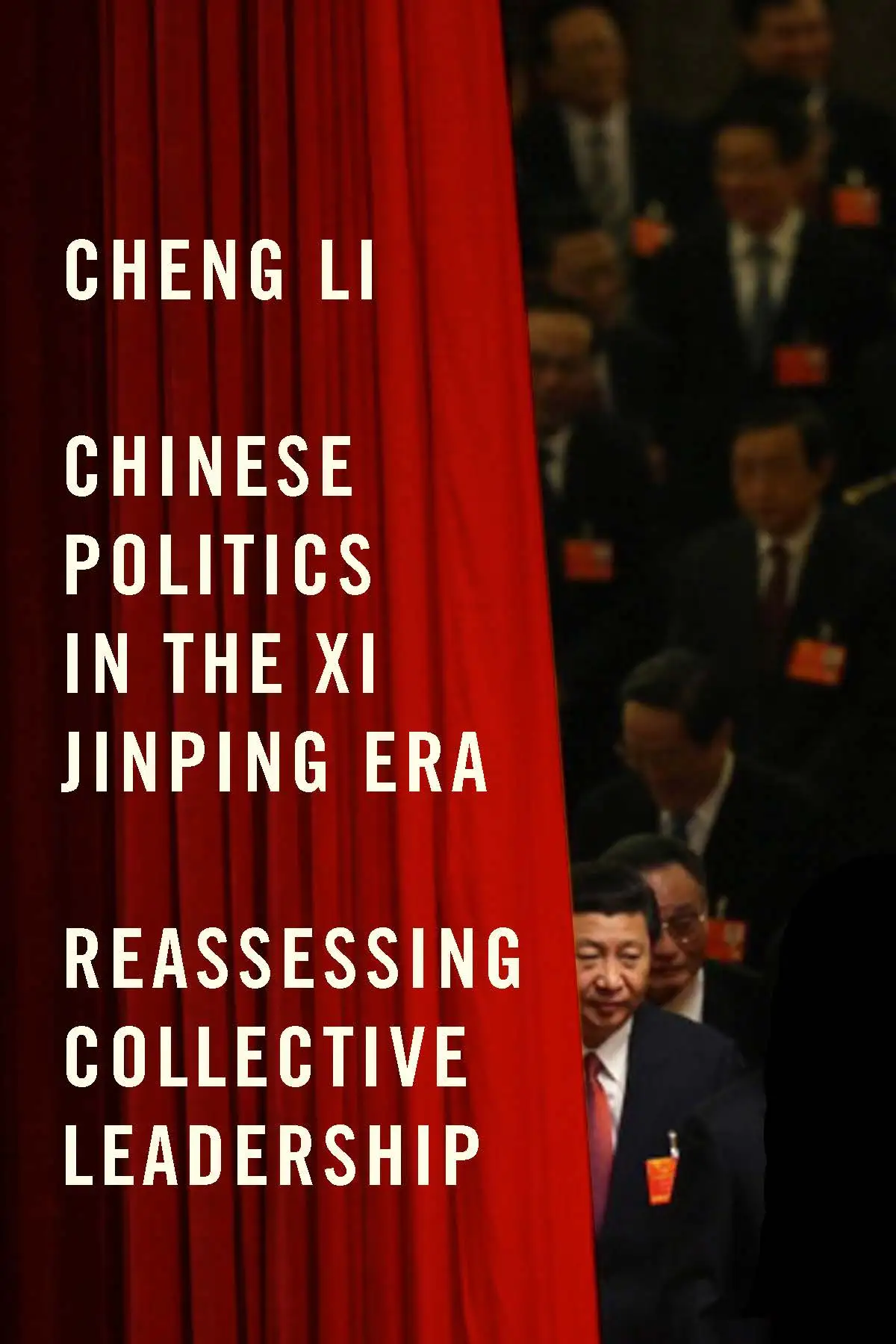In a stunning move of defiance, the Kim Jong-il regime of North Korea once again threatens peace and stability in Northeast Asia by conducting its first ever nuclear test. Pyongyang’s flagrant action is not only a violation of its pledge in the 1994 U.S.-North Korean Framework Agreement to halt all nuclear activities aimed at military purposes, but also a reckless provocation to the international system as a whole. In condemning Pyongyang’s nuclear ambitions, the international community has recognized an unpleasant truth: a nuclear-armed North Korea will cause grave consequences to all interested parties in the region, including the Kim Jong-il regime itself.
Although China is a traditional ally of North Korea, Pyongyang’s nuclear weapons program poses a threefold challenge to China’s vital national interests. First, it undermines China’s efforts to create the peaceful external environment that is essential to its continuous development and integration into the international system through the well-adopted “peaceful development” strategy. Second, it raises serious doubts about China’s credibility, as well as status in international affairs, in which an ascending China has aspired to play an increasingly important role. As is well known, Beijing has been painstakingly trying to persuade Pyongyang to move in a right direction within the framework of the “six-party talks.” Nonetheless, Kim Jong-il’s decision to conduct a nuclear test has made it clear that Pyongyang has little respect for Beijing’s opinions, nor does it really care about China’s interests. Last, a nuclear-armed North Korea fundamentally alters the geopolitical picture in Northeast Asia. A nuclear arms race among Japan, South Korea, and even Taiwan is now likely to ensue to the detriment of China’s own long-term security interests.
Beijing’s anger and frustration is obvious. Immediately after Pyongyang’s nuclear test, China’s Ministry of Foreign Affairs issued a statement, expressing Beijing’s firm opposition to North Korea’s test. While Beijing’s unambiguous and strong-worded opposition to Pyongyang’s reckless behavior is unprecedented, it would be unrealistic to expect China to take on the regime of Kim Jong-il alone. It is in China’s best interests to act in multilateral cooperation with other regional players. While isolated and paranoid, Pyongyang views the outside world through a dichotomous, black-and-white lens. On the other hand, China has effectively integrated itself in and benefited from the interdependent international system in which it is now expected to become a “responsible stakeholder.” Given the infinitely sensitive complexities of the political and security situation around the Korean Peninsula, a purely bilateral approach to the current crisis would be woefully insufficient. Any proposed solution to this crisis, therefore, must rest upon a multilateral approach as its point of departure.
Beijing has several tasks. It should resolutely side with the international community and insist that Pyongyang give up its nuclear weapons program. It should also keep close consultation with all interested parties who feel most directly threatened by the current crisis, particularly Japan and South Korea, in order to map out a common strategy that maintains peace and stability in the region while rolling back Pyongyang’s nuclear ambitions. Above all, it should work closely with Washington, whose security alliances with Tokyo and Seoul have anchored stability in Northeast Asia over the past decades. As a responsible stakeholder, Beijing must not allow Pyongyang’s reckless conduct to set a precedent in international politics which could lead to destabilizing consequences around the globe. Should the current crisis be referred to the UN Security Council, China must exhibit its willingness and determination to see through to the end whatever resolutions the Security Council would adopt on North Korea’s nuclear tests. In doing so, Beijing would cast itself as a real stakeholder that prefers to hang together with other major stakeholders instead of being hanged separately.
In the final analysis, any true solution to the current crisis must be done from within, rather than from outside influences. While making it clear to the regime of Kim Jong-il that its reckless behavior will not be tolerated and will result in grave consequences, the international community should continue to strive for a peaceful end of Pyongyang’s nuclear program through incentives. While many have advocated “regime change” in North Korea through external pressure, this has proven to be counterproductive, and could be dangerous because it would only fuel greater paranoia among the hardliners in Pyongyang. Ultimately, it is in everyone’s interests to see North Korea persuaded to return to the negotiating table, listen to its neighbors, and forsake its nuclear ambitions. Although it is already too late to forestall a North Korean nuclear test, there is still time to persuade Pyongyang, through a judicious combination of resolute sanctions and clearly defined incentives that it has immensely more to gain from behaving as a responsible member of the international community, than from living in hostile and indeed futureless isolation. China must join hands with the international community and act firmly in multilateral cooperation to stop North Korea from heading toward a disastrous future.







